
NIST Finalizes Post-Quantum Encryption Standards
August 13, 2024 Cybersecurity
In a significant advancement for cybersecurity, the National Institute of Standards and Technology (NIST) has finalized its first three post-quantum encryption standards. As quantum computing technology evolves, the need for robust encryption methods that can withstand quantum attacks has become increasingly critical. These new standards aim to provide a framework for secure communications in a future where quantum computers could potentially break traditional encryption methods.
Understanding Post-Quantum Cryptography
Post-quantum cryptography refers to cryptographic algorithms that are believed to be secure against the potential threats posed by quantum computers. Unlike classical computers, which use bits as the smallest unit of data, quantum computers use qubits, allowing them to process information in fundamentally different ways. This capability enables quantum computers to solve certain mathematical problems much faster than classical computers, which poses a risk to widely used encryption methods such as RSA and ECC. NIST's initiative to develop post-quantum standards is a proactive measure to ensure that sensitive data remains secure in the quantum era.
The Finalized Standards
The finalized standards include three key algorithms: CRYSTALS-KYBER for key encapsulation, CRYSTALS-DILITHIUM for digital signatures, and FALCON for signature generation. Each of these algorithms has undergone rigorous evaluation and testing to ensure their security and efficiency. CRYSTALS-KYBER is designed for secure key exchange, making it suitable for encrypting data transmitted over the internet. CRYSTALS-DILITHIUM and FALCON provide robust digital signature capabilities, ensuring the authenticity and integrity of messages and transactions.
Implications for Cybersecurity
The adoption of these post-quantum encryption standards will have far-reaching implications for cybersecurity across various sectors. Organizations will need to begin transitioning to these new standards to safeguard their data against future quantum threats. This transition will involve updating existing systems, retraining personnel, and potentially re-evaluating security protocols. The urgency of this transition cannot be overstated, as the timeline for the widespread availability of quantum computers is uncertain, but experts agree that it is approaching faster than many anticipate.
Conclusion
NIST's release of the first finalized post-quantum encryption standards marks a pivotal moment in the field of cybersecurity. As we move towards a future where quantum computing becomes more prevalent, these standards will serve as a foundation for secure communications. Organizations must stay informed and proactive in adopting these new standards to protect their data and maintain trust in digital communications. The journey towards a quantum-safe future has begun, and it is essential for all stakeholders to engage in this critical transition.
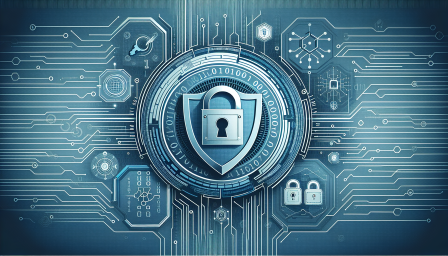
Neglected Domains: A Malspam Threat
January 8, 2025 Cybersecurity
Beware of neglected domains being exploited for malspam attacks. Stay informed and secure! #Cybersecurity #Malspam #ThreatDetection
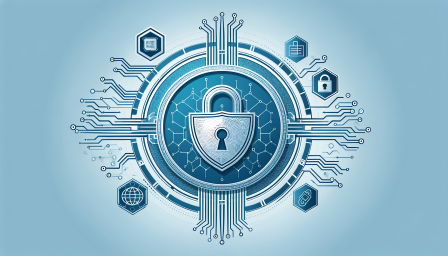
Expired Domains: A New Cybersecurity Threat
January 8, 2025 Cybersecurity
Stay alert! Expired domains can lead to serious cybersecurity threats. #Cybersecurity #Malware #DomainHijacking
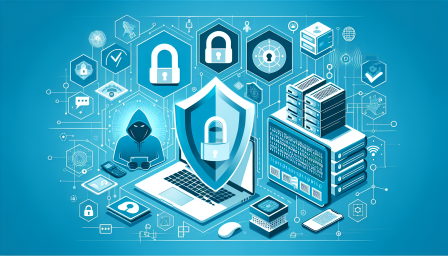
Enhancing Cybersecurity Through Strategic Partnerships
January 8, 2025 Cybersecurity
Discover how CVE and Thales Group are revolutionizing cybersecurity through strategic partnerships. #Cybersecurity #Innovation #Partnerships

Understanding Initial Access Brokers and Cybersecurity
January 8, 2025 Cybersecurity
Learn how Initial Access Brokers exploit user credentials and what you can do to protect yourself. #Cybersecurity #DataBreach #OnlineSafety

Mitigating Vulnerabilities in Mitel MiCollab and Oracle
January 8, 2025 Cybersecurity
Stay secure! Learn how to mitigate vulnerabilities in Mitel MiCollab and Oracle software. #Cybersecurity #Vulnerabilities #Mitel #Oracle #Security

Understanding SonicWall VPN Vulnerabilities
January 8, 2025 Cybersecurity
Stay informed about SonicWall VPN vulnerabilities and protect your network! #Cybersecurity #VPN #SonicWall

Understanding Chrome's Critical Type Confusion Vulnerability
January 8, 2025 Cybersecurity
Stay informed about the latest Chrome vulnerability and how to protect your data. #Cybersecurity #Chrome #DataProtection

New BIOS and UEFI Vulnerabilities Exposed
January 8, 2025 Cybersecurity
Stay informed about the latest BIOS and UEFI vulnerabilities to protect your systems! #Cybersecurity #Vulnerabilities #BIOS #UEFI #Security

Enhancing Security with Microsoft Azure Entra
January 8, 2025 Cybersecurity
Discover how Microsoft Azure Entra is revolutionizing identity and access management in the cloud. #Microsoft #Azure #Cybersecurity

Mitigating Mirai Botnet Threats in 2023
January 8, 2025 Cybersecurity
Stay informed about the latest Mirai Botnet threats and how to protect your network! #Cybersecurity #MiraiBotnet #IoT
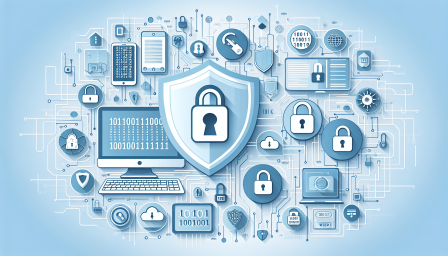
PHP Server Vulnerabilities: A Growing Concern
January 8, 2025 Cybersecurity
Stay informed about the latest PHP server vulnerabilities and how to protect your applications! #Cybersecurity #PHP #WebSecurity
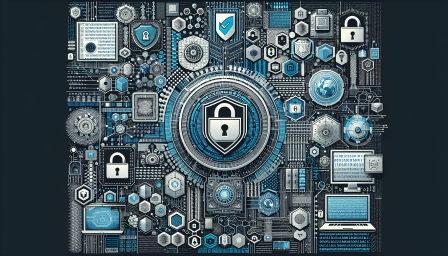
PowerSchool Hack Exposes Sensitive Education Data
January 8, 2025 Cybersecurity
A recent hack of PowerSchool has compromised sensitive data of students and teachers. #Cybersecurity #DataBreach #Education
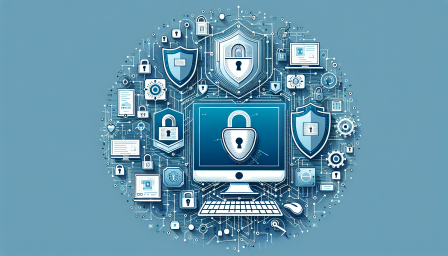
New Mirai Botnet Targets Industrial Routers
January 7, 2025 Cybersecurity
A new Mirai botnet is exploiting vulnerabilities in industrial routers. Stay informed and secure! #Cybersecurity #IoT #Malware

AI-Driven Cybersecurity Solutions for Businesses
January 7, 2025 Cybersecurity
Discover how AI is revolutionizing cybersecurity by identifying threats in minutes! #Cybersecurity #AI #TechInnovation
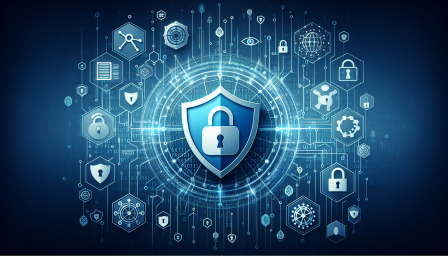
Enhancing Cybersecurity with Microsoft Partnership
January 7, 2025 Cybersecurity
Discover how Security Risk Advisors enhances cybersecurity through Microsoft partnership! #Cybersecurity #Microsoft #TechNews

Washington State Sues T-Mobile Over Data Breach
January 7, 2025 Cybersecurity
Washington State takes action against T-Mobile for 2021 data breach. Protect your data! #DataBreach #Privacy #TMobile
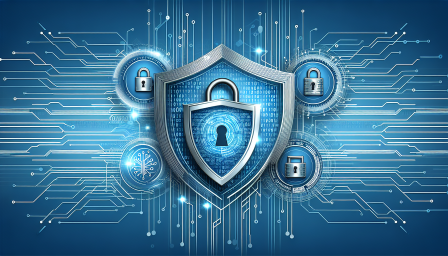
Malicious Browser Extensions: A New Threat
January 7, 2025 Cybersecurity
Beware of malicious browser extensions targeting your identity! Stay informed and secure. #Cybersecurity #IdentityTheft #OnlineSafety

Windows 10 Devices Face Major Security Risks
January 7, 2025 Cybersecurity
Over 32 million Windows 10 devices are at risk! Stay informed and secure your system. #Cybersecurity #Windows10 #Security

Protect Your Website from Malicious Plugins
January 7, 2025 Cybersecurity
Stay safe online! Learn how to protect your WordPress site from malicious plugins. #Cybersecurity #WordPress #WebsiteSafety
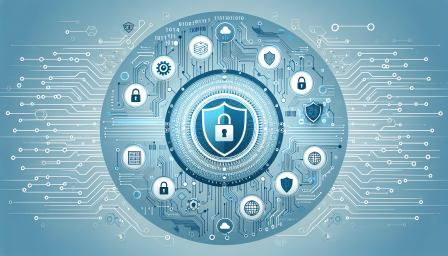
New EagerBee Variant Targets ISPs and Users
January 7, 2025 Cybersecurity
Stay vigilant! The new EagerBee variant poses a serious threat to ISPs and users. #Cybersecurity #Malware #EagerBee
Categories
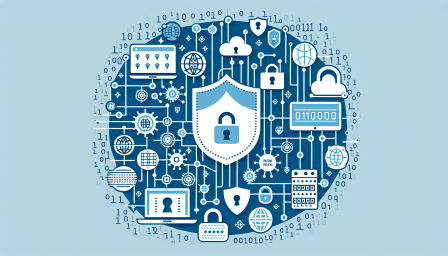
CISA's Assurance on Federal Cybersecurity Impact
January 7, 2025 Cybersecurity
CISA reassures that recent threats won't affect federal systems. Stay informed! #Cybersecurity #CISA #FederalSecurity
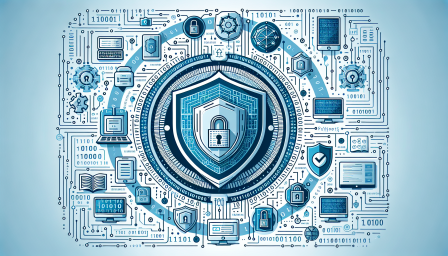
Understanding the Surge in CVEs for 2024
January 7, 2025 Cybersecurity
Over 40,000 CVEs published in 2024 highlight the urgent need for robust cybersecurity measures. #Cybersecurity #CVEs #DataProtection
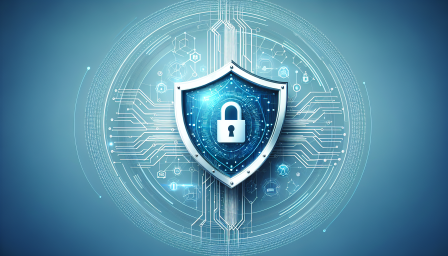
Understanding Redis Server Vulnerabilities
January 7, 2025 Cybersecurity
Stay informed about Redis server vulnerabilities and how to protect your data! #Cybersecurity #DataProtection #Redis
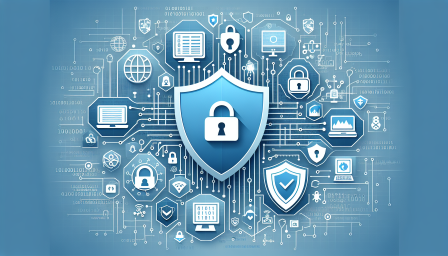
Dark Web Market Threats: 2025 Predictions
January 7, 2025 Cybersecurity
Explore the dark web's evolving threats and what to expect in 2025. Stay informed! #Cybersecurity #DarkWeb #Threats
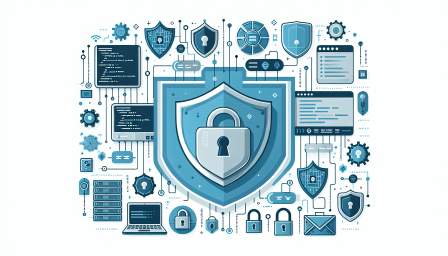
Enhancing Security with OpenVPN Connect
January 7, 2025 Cybersecurity
Discover how OpenVPN Connect enhances your online security with private key management. #OpenVPN #Cybersecurity #VPN

US DOD Targets Companies Aiding Chinese Military
January 6, 2025 Cybersecurity
The US DOD has added new companies to its sanctions list. Learn more about the implications. #NationalSecurity #TechSanctions #China
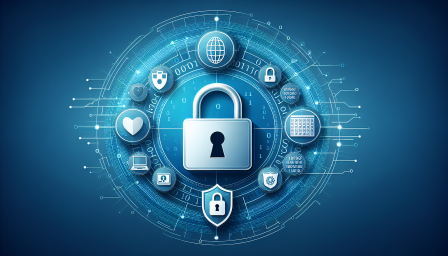
Pentesting Tools: A Double-Edged Sword
January 6, 2025 Cybersecurity
Explore how hackers are weaponizing pentesting tools against organizations. Stay informed and secure! #Cybersecurity #Pentesting #Hacking
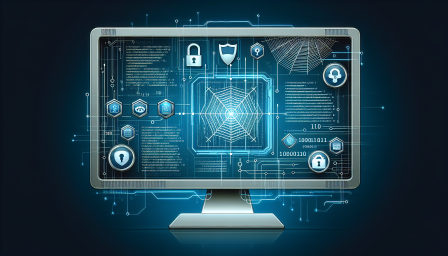
Understanding FireScam: The New Android Malware Threat
January 6, 2025 Cybersecurity
Stay informed about FireScam, the latest Android malware targeting users. Protect your device! #Cybersecurity #Android #Malware

Top Cybersecurity Trends to Watch in 2025
January 6, 2025 Cybersecurity
Stay ahead of cyber threats in 2025! Discover the latest trends and security measures. #Cybersecurity #DataProtection #TechTrends

Ransomware Evolution: From Millions to Billions
January 6, 2025 Cybersecurity
Ransomware attacks are evolving, leading to unprecedented financial losses. Stay informed and secure! #Cybersecurity #Ransomware #DataProtection

Understanding FireScam: The New Android Malware
January 6, 2025 Cybersecurity
Stay alert! FireScam malware targets Android users with deceptive tactics. Protect your device now! #Cybersecurity #Android #Malware

Russian-Speaking Attackers Target Global Organizations
January 6, 2025 Cybersecurity
Stay informed about the latest cyber threats from Russian-speaking attackers targeting global organizations. #Cybersecurity #ThreatIntelligence #DataProtection

Beware of Malicious EditThisCookie Extension
January 6, 2025 Cybersecurity
Stay safe online! The EditThisCookie extension has been compromised. Protect your data now! #Cybersecurity #Privacy #Malware

EagerBee Malware Expands Its Arsenal
January 6, 2025 Cybersecurity
Stay informed about the latest EagerBee malware developments and protect your digital assets! #Cybersecurity #Malware #OnlineSafety
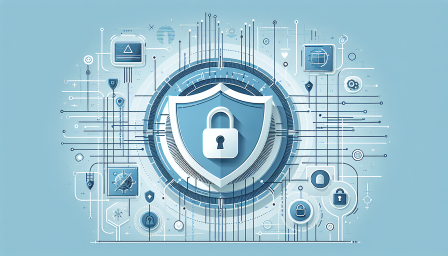
Understanding Bad Likert Judge in Cybersecurity
January 6, 2025 Cybersecurity
Explore the impact of bad Likert judges on cybersecurity surveys. #Cybersecurity #DataAnalysis #ResearchMethodology

Enhancing SQL Injection Detection Techniques
January 6, 2025 Cybersecurity
Discover advanced techniques for detecting SQL injection vulnerabilities and securing your web applications! #Cybersecurity #SQLInjection #WebSecurity
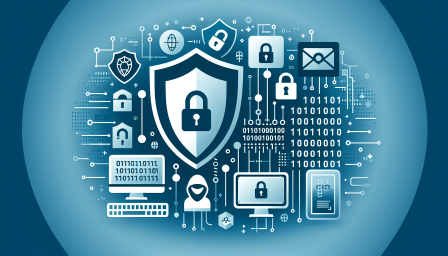
Remembering Tenable CEO Amit Yoran
January 6, 2025 Cybersecurity
Honoring the legacy of Amit Yoran, a visionary leader in cybersecurity. #AmitYoran #Tenable #Cybersecurity

AWS Faces Repeated Critical RCE Vulnerability
January 6, 2025 Cybersecurity
AWS has faced the same critical RCE vulnerability three times in four years. Learn more! #AWS #Cybersecurity #TechNews

Understanding Windows Registry Vulnerability Exploits
January 6, 2025 Cybersecurity
Stay informed about the latest Windows registry vulnerabilities and how to protect your systems. #Cybersecurity #Windows #Vulnerability

Enhancing Border Gateway Protocol Security
January 6, 2025 Cybersecurity
Discover NIST's latest draft on enhancing Border Gateway Protocol security and resilience. #Cybersecurity #NIST #NetworkSecurity
More Posts
-
 CISA's Assurance on Federal Cybersecurity Impact
CISA's Assurance on Federal Cybersecurity Impact
January 7, 2025 Cybersecurity -
 Understanding the Surge in CVEs for 2024
Understanding the Surge in CVEs for 2024
January 7, 2025 Cybersecurity -
 Understanding Redis Server Vulnerabilities
Understanding Redis Server Vulnerabilities
January 7, 2025 Cybersecurity -
 Dark Web Market Threats: 2025 Predictions
Dark Web Market Threats: 2025 Predictions
January 7, 2025 Cybersecurity -
 Enhancing Security with OpenVPN Connect
Enhancing Security with OpenVPN Connect
January 7, 2025 Cybersecurity -
 US DOD Targets Companies Aiding Chinese Military
US DOD Targets Companies Aiding Chinese Military
January 6, 2025 Cybersecurity -
 Pentesting Tools: A Double-Edged Sword
Pentesting Tools: A Double-Edged Sword
January 6, 2025 Cybersecurity -
 Understanding FireScam: The New Android Malware Threat
Understanding FireScam: The New Android Malware Threat
January 6, 2025 Cybersecurity -
 Top Cybersecurity Trends to Watch in 2025
Top Cybersecurity Trends to Watch in 2025
January 6, 2025 Cybersecurity -
 Ransomware Evolution: From Millions to Billions
Ransomware Evolution: From Millions to Billions
January 6, 2025 Cybersecurity -
 Understanding FireScam: The New Android Malware
Understanding FireScam: The New Android Malware
January 6, 2025 Cybersecurity -
 Russian-Speaking Attackers Target Global Organizations
Russian-Speaking Attackers Target Global Organizations
January 6, 2025 Cybersecurity